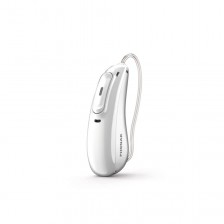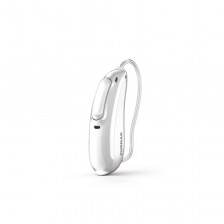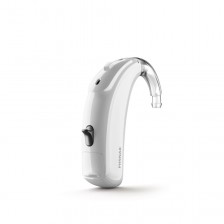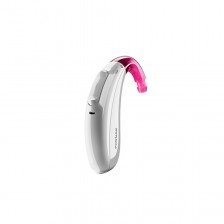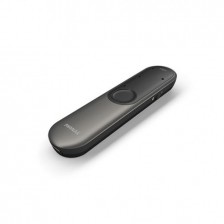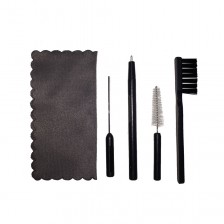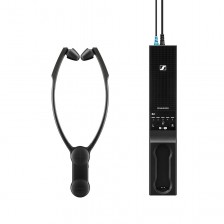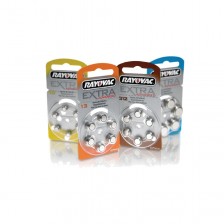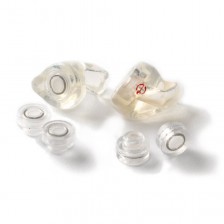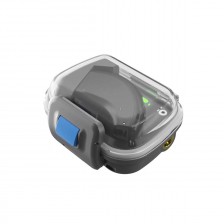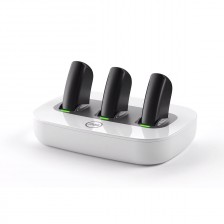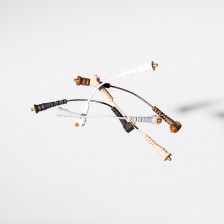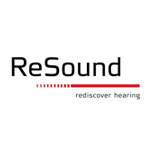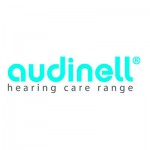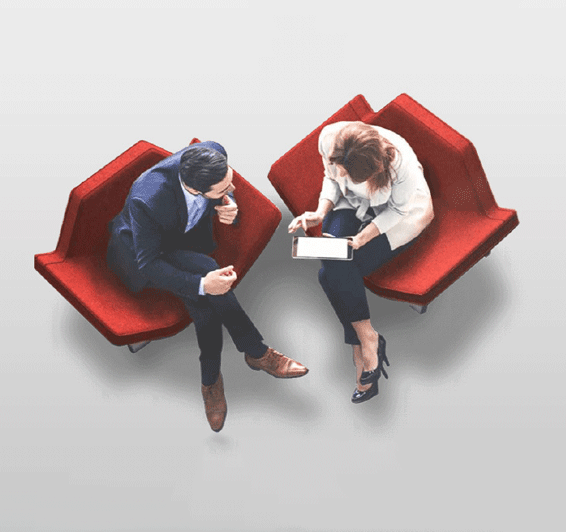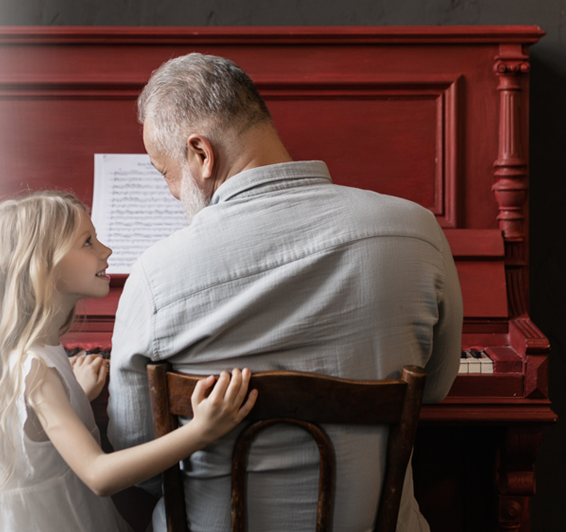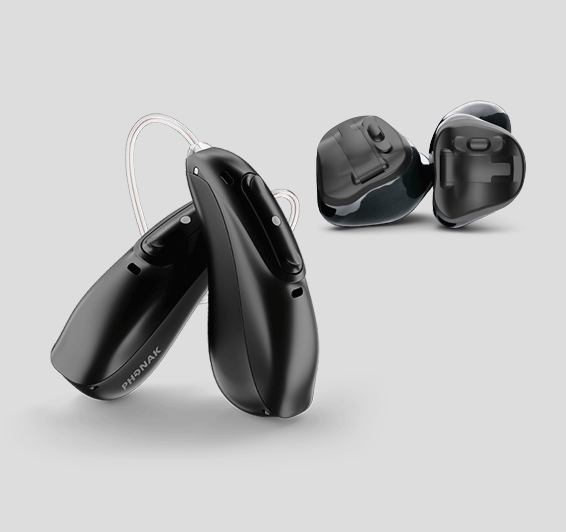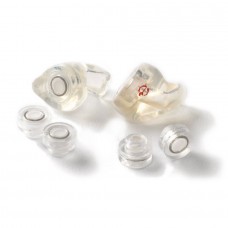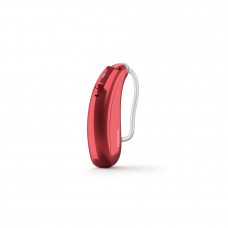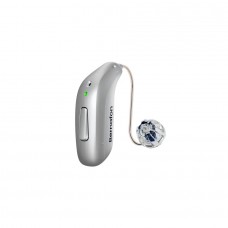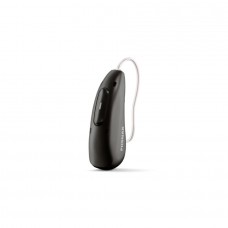When should I check my hearing?

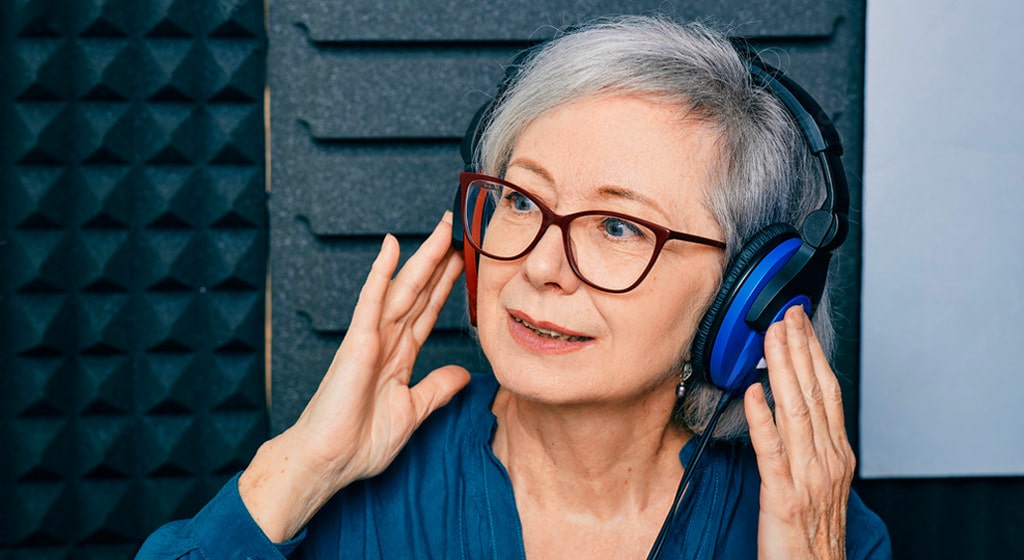
The ear is one of the most important senses, not only to enjoy music or listen to people, but also to relate, learn, and communicate. Maintaining good hearing health is key to our social and emotional well-being. Regular hearing check-ups are one of the first steps to prevent long-term hearing problems.
When should I have a hearing test?
There are several signs that may indicate it's time for a hearing check-up. Some of the most common indicators include difficulty understanding conversations, especially in noisy places; needing to turn up the television volume more than usual; trouble hearing doorbells or answering the phone; and the sensation of not hearing certain sounds well.
Sometimes, hearing loss is so gradual that we don't even notice. That’s why regular check-ups are essential, as they help detect problems early and allow for appropriate and timely treatment.
When it comes to hearing loss in children and babies, parents should be alert to any signs of hearing impairment. For example, if the baby doesn't startle at loud noises or doesn't turn their head towards a sound.
How often should we have a hearing test?
The frequency of hearing tests depends on various factors such as age, occupation, and risk factors. Here are some general recommendations based on age:
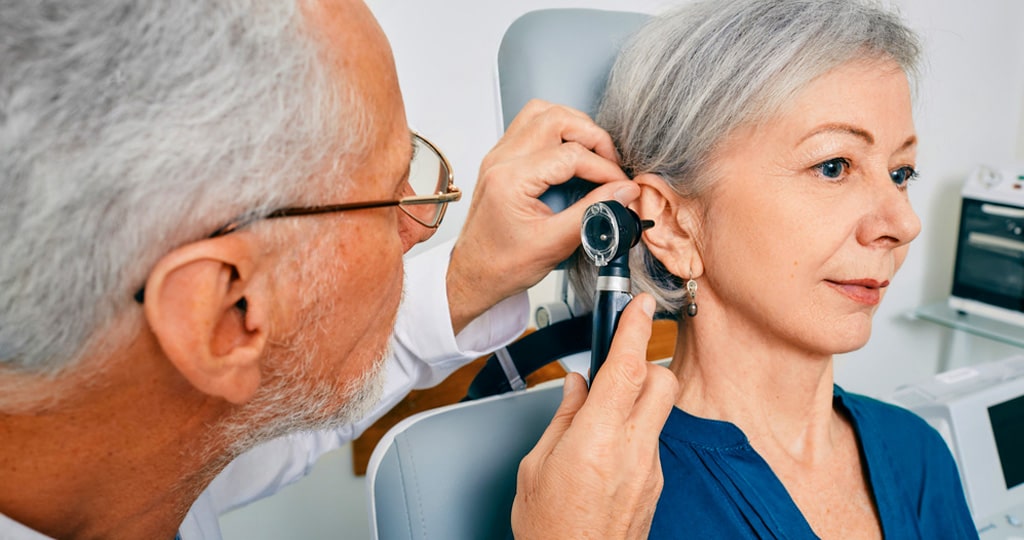
For adults
- Users who already wear hearing aids: People who use hearing aids should also have regular check-ups to ensure their hearing has not changed and to adjust the hearing aids if necessary.
- By age: As we age, hearing tends to deteriorate. That’s why adults over 50 should have an annual hearing check-up.
- Exposure to loud noises: If you work in a noisy environment or participate in loud activities, you should have a hearing test at least once a year.
- Flight personnel: Pressure changes due to altitude can cause severe ear damage. An annual follow-up is recommended, although it is advised to see a specialist if you experience pain after a flight.
- Use of ototoxic medications: Some medications can affect hearing. If you take these types of medications regularly or chronically, it is advisable to have periodic check-ups.
For school-aged children
It is important to have hearing check-ups when children start school, as well as during their school development, to ensure that hearing is not affecting their learning. The WHO recommends taking the child to a specialist if they have ear pain, difficulty speaking, or problems understanding others.
For newborns or neonates
In Spain, there is a protocol stating that all newborns must undergo a hearing test before 30 days of age to detect any hearing anomalies. Here we link you to a post with all the information.
Having regular hearing check-ups is essential to detect problems early and prevent greater damage. Whether for you or your children, monitoring hearing health is key to a healthy social and academic life. Don’t put off what you can check today! Make an appointment at any of our centers, and we’ll be happy to assist you.
